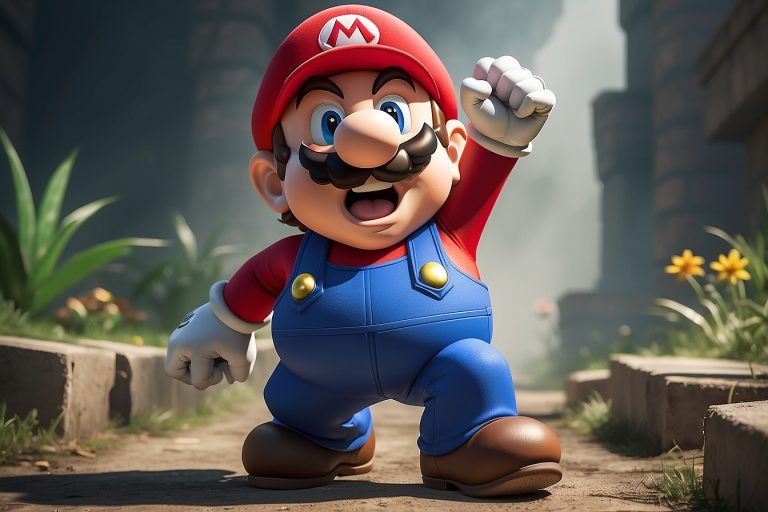As celebration of emulation continues, Nintendo again urges the media to give more focused attention to the problem of piracy, and copyright protection. Whilst the official position of Nintendo on emulation has been made known in several quarters, recent events seem to indicate that there is a renewed clampdown that is having severe consequences for members of the gaming community.
Imitation as the process of copying the hardware and software lifelike of the console on another platform has been a long-standing bane to Nintendo. The organization believes that the Skew method is a threat to its business model because it enables players to create genuine versions of their games with official hardware.
Last. month. in. its. attack. against. the. similar. things, Nintendo has attacked the web sites. that. host. ROMS (read-only memory) and. emulation. software, giving. letters. of. cease. and. desist. and. legal threats to those violating these rights. The mainstream development company of emulations has shown a more aggressive approach than any other emu group in the past and this is probably the reason why a lot of known emulation communities and sites have closed. This has left the hobbyists and game fans with limited choices to collect and play game files.
While the efforts of Nintendo to protect its intellectual properties may be legitimate, they have nonetheless drawn sharp criticism from the gaming community since such actions have the potential to limit consumer freedoms. Those who are critical of emulation believe that it serves a vital role in cultural heritage persistence as well as helps access not-commercially-available classics.
In addition, Nintendo’s standoff against emulation also brings on some undesirable results such as player being alienated, and diverting them to other ways of accessing the retro games. There are those who believe that Nintendo should adopt similar measures, by aiming at this kind of business as producing an income by selling its large layback of classic games through official channels.
The gaming community witnesses a degree of divisiveness as the Nintendo frontlines the emulation struggle. Whilst people agree on the fact that IP is fundamental to the industry, questions arise on how best such rights can be protected without curtailing the already existing innovativeness and creativity of the entire gaming sector.



